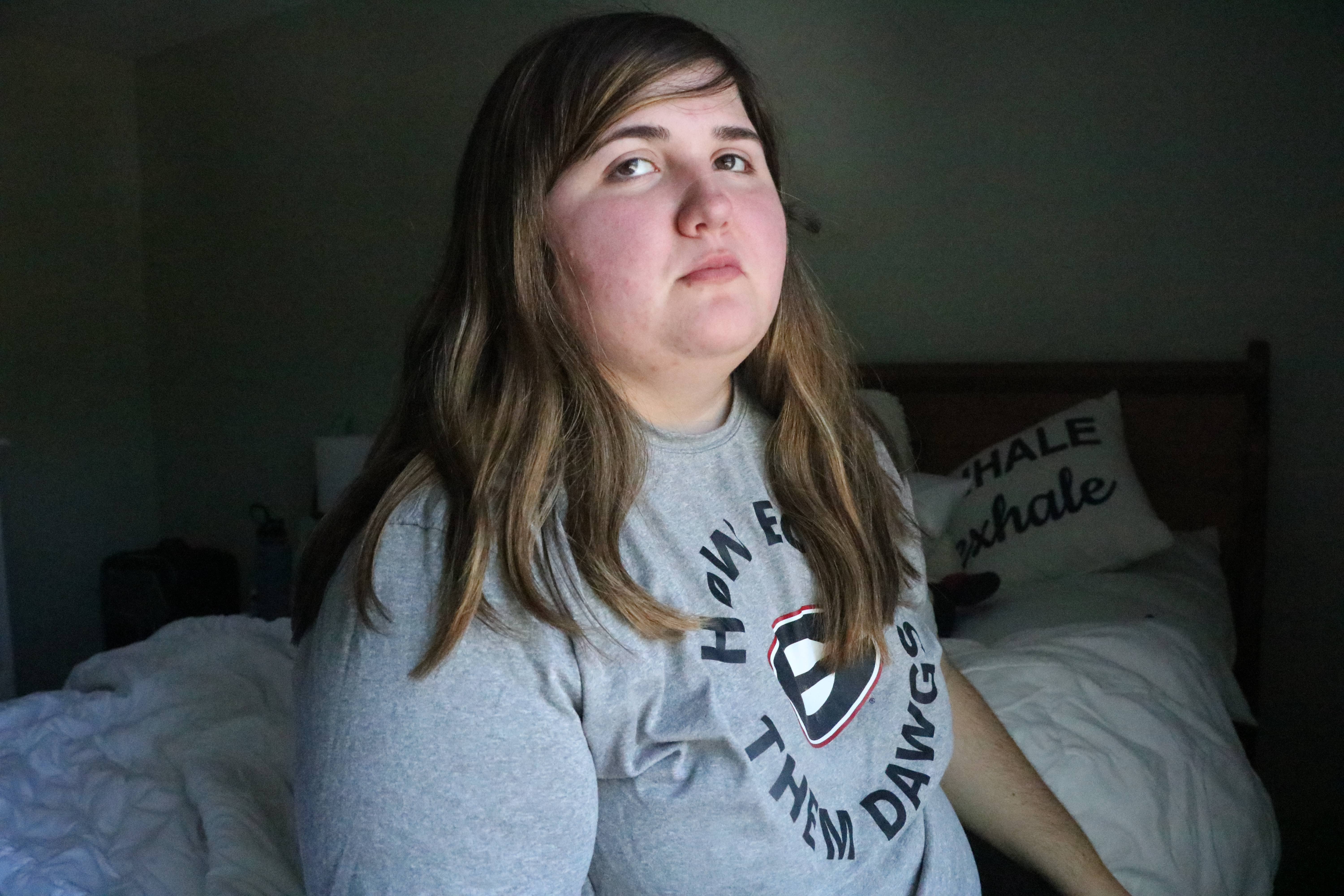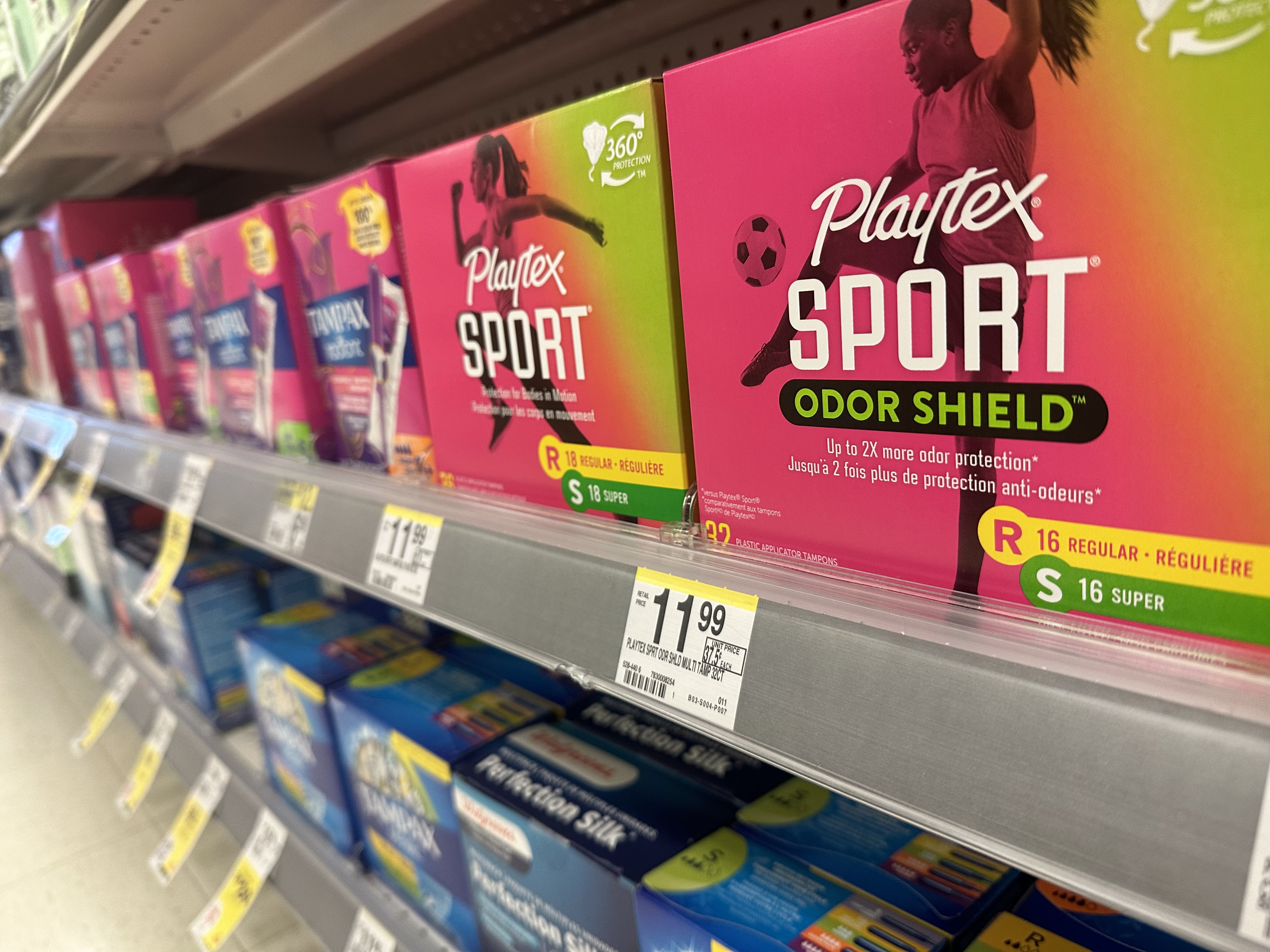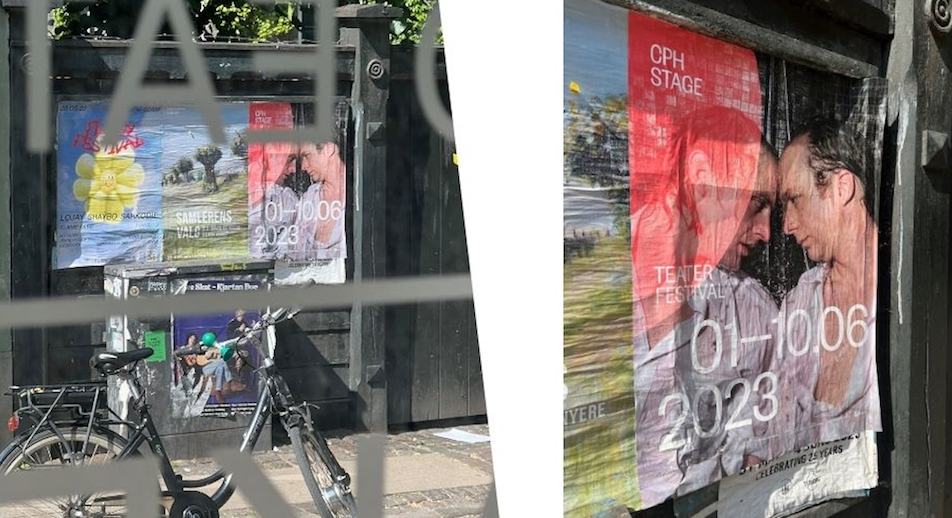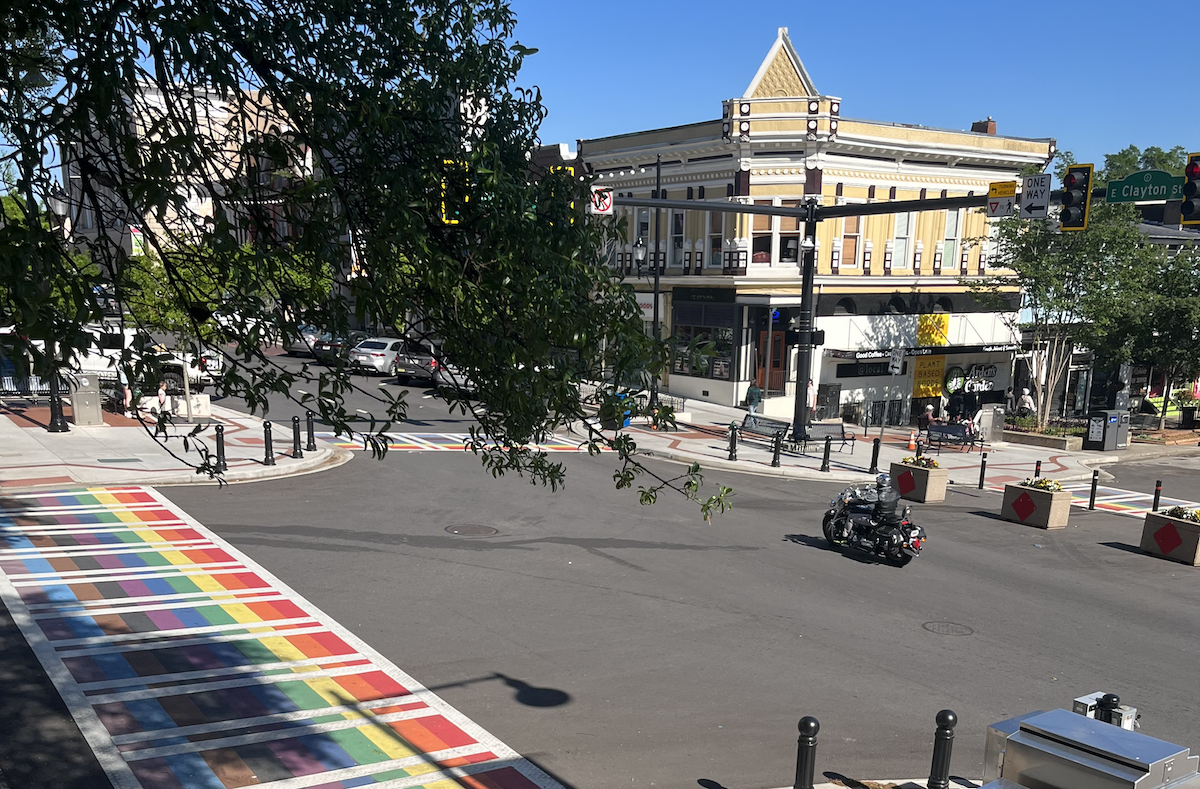Caroline Pruitt isn’t much of a planner, except when it comes to her periods. A senior at the University of Georgia majoring in entertainment and media studies, Pruitt budgets her money carefully on her weekly grocery trips to make sure she can purchase tampons and pads to see her through her cycle.
“I have to budget whatever money I have at the time,” Pruitt said.
However, sometimes even her cautiousness isn’t enough, and when she punches the numbers on her phone, she has to make a critical choice: purchase menstrual products and put something else back, or hope a dwindling supply will see her through.
Like millions of other women throughout the U.S., Pruitt struggles with period poverty, which is when individuals who menstruate struggle to access and afford the necessary products and facilities to manage their periods. A variety of factors contribute to period poverty — including stigma and taxes on products — and it can cause people who menstruate to miss school, work and other obligations.
Why It’s Newsworthy: Hundreds of thousands of people who menstruate in Georgia struggle with period poverty. A few bills were introduced during the Georgia General Assembly’s latest legislative session, but they were unable to pass before the end of the session.
A Complicated Problem
Around 16.9 million people who menstruate struggle with period poverty, according to a 2023 study by Brigham Young University. People of color and people living in poverty are more likely to be affected.
One major reason for difficulty in obtaining products is that, in many states, menstrual products are taxed as luxury items. In Georgia, menstrual products are taxed at 4%.
Pruitt said the luxury tax, which doesn’t apply to most other health products, doesn’t make sense because periods are unavoidable for people with uteruses.
“There’s nothing really luxurious about your period,” Pruitt said.
Taxes like this one, often known as pink taxes, raise the price of menstrual products — which cost on average $20 per cycle, according to an estimate from the National Organization of Women — and make them harder to access for women who are already struggling.
Additionally, government assistance programs like SNAP that cover food and other groceries do not apply to menstrual products in Georgia. There are nearly 790,000 households in Georgia who rely on SNAP.
Rachel Johnson — co-president of Period Project at UGA, a group devoted to providing menstrual products and education to the UGA community — said stigma around discussing periods can also be a big contributor to period poverty.
Areeba Hashmi, Period Project’s other co-president, said when communities are not able to discuss periods, it poses significant barriers to creating and implementing solutions. It can be especially bad in communities that are politically or religiously conservative, or that struggle with gender equality in other areas of life.
“If we get rid of that shame, if we get rid of that taboo, we get people who don’t menstruate to start talking about it, it’ll help us solve the problem that period poverty exists,” Hasmi said. “It’ll hopefully help us get rid of it in our community.”
Solutions, Setbacks and Systemic Challenges
Students, community members, activists and government officials have taken notice of the issue of period poverty and are working to combat it.
Period Project has placed dispensers around UGA’s campus that provide free tampons and pads to those who menstruate. Current locations include the Main Library, the Miller Learning Center, Aderhold Hall, Driftmier Hall and the Boyd Graduate Studies Center. While they do not currently receive any formal funding or support from UGA, they hope to partner with the university to add dispensers in all buildings on campus.
The group also partners with community organizations to bring menstrual products to low-income communities and people experiencing homelessness in the Athens community. Members gather at monthly packing parties to create individual packages of menstrual and hygiene products for partners.
However, maintaining the dispensers and providing products is difficult for a small organization. Johnson said that during the COVID-19 pandemic — and the period of economic inflation that followed — the prices of menstrual products increased, endangering the group’s ability to provide for the community.
“People don’t realize just how expensive it is to have to buy tampons, to have to buy menstrual products, buy pads,” Johnson said.
The group was able to raise money to continue providing products. Johnson and Hashmi both agree that the struggle demonstrated that while groups like theirs are helpful, there needs to be deeper, systemic changes to combat period poverty.
Sandra Scott, representative from Georgia House District 76, is trying to provide those systemic solutions. Earlier this year, she introduced bills aiming to provide menstrual products on University System of Georgia campuses, and allow food stamps to go toward the purchase of menstrual products. Scott also supported a bill aimed at eliminating Georgia’s pink tax, a step 23 other states have already taken. Five other states do not have a sales tax at all.
However, despite having the support of advocacy groups, none of the bills made it out of committee and were unable to pass before the end of the legislative session on March 29. Scott attributes this to men in the legislature not understanding the importance of accessing period products and prioritizing the legislation.
“I don’t know why men, knowing that a woman has her cycle every month, that they cannot see or understand why it is so important and key that every woman has the proper feminine hygiene products for that time of the month,” Scott said.
Building Empathy, Recognizing Necessity
All four women agree that addressing period poverty is essential to safety and equity for those who menstruate. They argue power structures and the public must make bigger strides to solve the problem.
Pruitt said period products are necessary items for people who menstruate and points out that not having them presents health risks.
“It’s like toilet paper, you know?” Pruitt said. “You need it for the restroom.”
Johnson and Hashmi said people should care about period poverty because even if they don’t menstruate, someone they know does, and will need products to manage it.
“Even if you do not menstruate, someone you love does,” Hashmi said. “And at some point in your life, I hope that you will be aware, and know that, and say, ‘Oh, this person I love menstruates so how can I take care of them?’”
Lucinda Warnke is a junior majoring in journalism and English literature.








Show Comments (0)